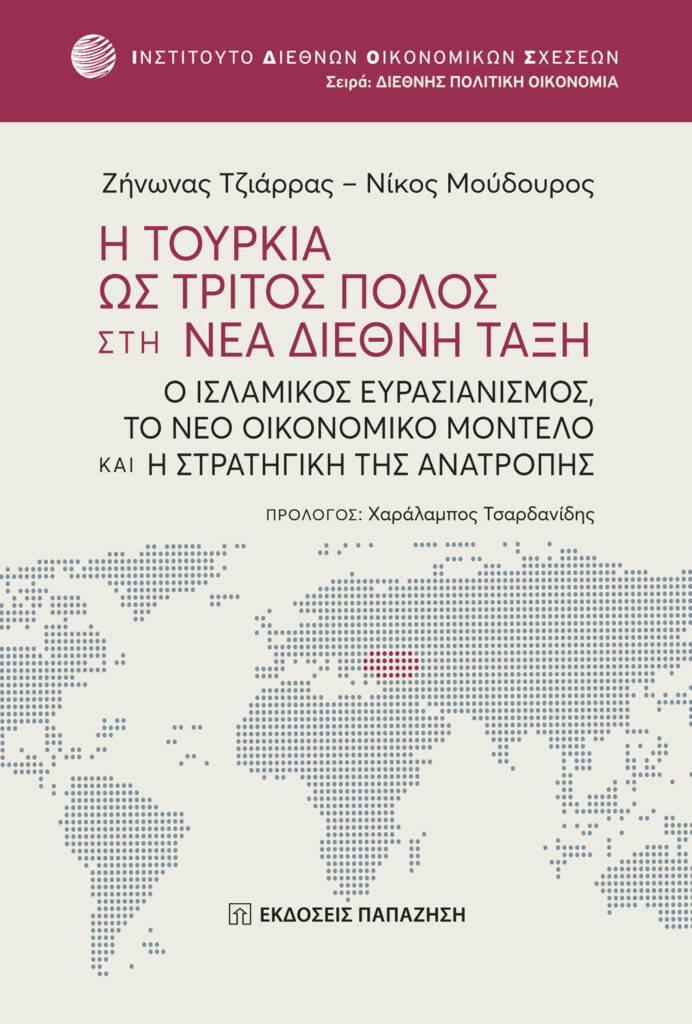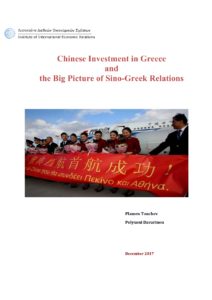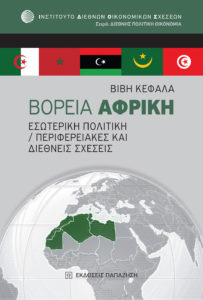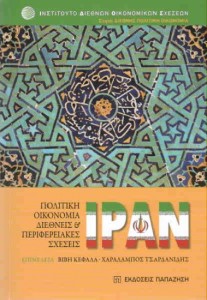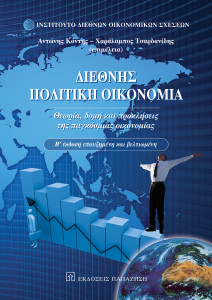On 25th October 2024 Ms Ebtisam Hussein , Associate Professor of Political Science, University of London branch of
Summary of the lecture:
The overthrow of President Hosni Mubarak in 2011 marked a turning point in Egypt’s modern history. The persecuted Muslim Brotherhood immediately became a key political player and its candidate, Mohamed Morsi, won the presidential election to lead the country. But despite all this victory at the polls, Morsi was ousted and the Muslim Brotherhood was out of power in July 2013. Why did the Brotherhood choose to risk a conflict with the armed forces and not seek a compromise? The decision is said to have stemmed from the Muslim Brotherhood’s long history of persecution, its broad support base, its impressive successes since the fall of Mubarak and its fear of losing power. These set the Brotherhood on a course of action that suited both its past experiences and its preferences. This path led the Muslim Brotherhood movement to ignore many facts, which suggested that it should seek a compromise with the armed forces. But the Brotherhood and the military did not have cordial relations after Morsi’s election in 2012. The strength of the movement’s social base was significant, but the conditions did not exist to override the military’s demand that Morsi step down. In conclusion, the historical track of the Muslim Brotherhood guided its decision to avoid cooperation with the military.
You could see the whole lecture HERE



